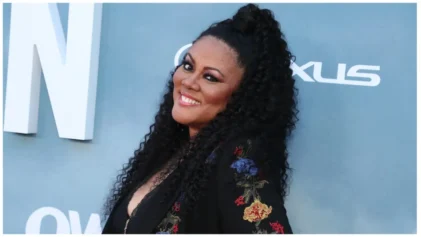
While the “Rainbow Nation” is the last place diversity within the film industry should be an issue — considering most actors, directors and writers there are Black — the entertainment content is still being controlled by white ownership. This does not reflect the racial makeup of the country, which is majority black and minority white.
In his article on Variety.com, Christopher Vourlias exposes the struggle of black South African producers to gain recognition within the film industry. This past weekend, the South Africa film and television industry held their version of the Academy Awards, the SAFTAs, or South African Film and Television Awards. Leading up to the ceremony, Phathu Makwarela, a television writer for popular television soap Skeem Saam, called out judges for not nominating Black-produced shows; Skeem Saam was created by Winnie Serite. Skeem Saam was not included in the original list of nominations. Makwarela tweeted, “Shows like #SkeemSaam continue to be shut out of #SAFTAS10 because it’s a black show – owned by a black woman! Mxm.”
Despite the initial snub, Skeem Saam won Most Popular TV Soap through popular vote this past weekend.
In 2003, the Department of Trade and Industry developed the Broad-Based Black Economic Empowerment initiative to help create Black-owned production companies. Quizzical Pictures, which won SAFTA for Best TV Soap for Rhythm City, is one of the benefits of this program.
Harriet Gavshon, a company director at Quizzical Pictures, admits that without the BBBEE, “I think we would be in a much worse state without it,” but also conceded, “But this doesn’t mean it’s enough or anywhere near where it should be.” In 2010, a study by the National Film and Video Foundation found the efforts of BBBEE in achieving its goals to be “problematic.”
This a microcosm of what’s happening with Blacks in relation to South Africa’s economy. Despite Department of Trade and Industry Minister Rob Davies implementing new ownership regulations to spur large companies into investing in Black businesses, a report released last September found that only three percent of the South African economy is Black-owned.
No matter the continent, it’s important to confront the dearth of Black ownership of content. More Black ownership in film and television will lend itself to greater elevation of Black voices and leadership in America, in South Africa or any other place where Black people are the majority.


